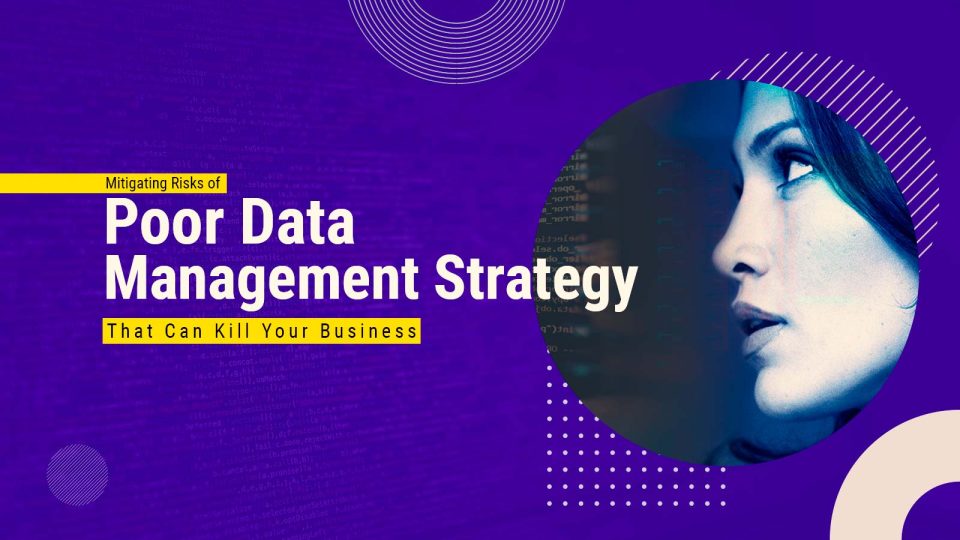The significance of data management strategy cannot be overstated. Data is a valuable corporate asset, facilitating informed decision-making, enhancing marketing endeavors, streamlining operations, and cutting costs to boost revenue and profitability.
However, inadequate data management practices can result in detrimental consequences for organizations. Issues such as incompatible data silos, inconsistent data sets, and data quality issues hamper the efficacy of business intelligence (BI) and analytics applications, potentially leading to erroneous conclusions.
Furthermore, the relevance of data management has surged due to escalating regulatory compliance demands. Stringent laws like GDPR and the California Consumer Privacy Act (CCPA) mandate meticulous data privacy and protection measures. Moreover, the exponential growth in data volume and diversity, characteristic of big data systems, amplifies the necessity for robust data management strategies. Without proper management, such environments become unwieldy and challenging to navigate.
Related: CCPA Essentials: A Guide for IT Security Professionals
Gartner estimates that poor data quality alone costs organizations an average of $12.9 million annually.
Poor data management can profoundly impact your business, from restrictive access to crucial information to fostering flawed decision-making stemming from inaccurate or incomplete data. Here are several ways in which poor data management can disrupt business operations:
- Financial Losses: Poor data management can lead to significant business losses due to inaccurate customer and market information.
- Missed Opportunities: Poor data management can lead to failure to recognize trends or competitor activities, resulting in missed opportunities for competitiveness and innovation.
- Security Vulnerabilities: Inadequate data management practices leave businesses susceptible to security breaches and cyber threats, posing substantial risks to company assets and reputation.
Understanding Data Management Strategy
A data management strategy is like a roadmap for a company to use its data effectively. It ensures that everything related to data, like collecting and sharing it, works well together and is easy to control. Having a data management strategy helps businesses avoid these common problems:
- Having data that doesn’t match or is missing because it’s not documented properly.
- Doing similar projects separately wastes time and money.
- Spending time and resources on data tasks that don’t help the business.
Data management strategies include essential components such as data governance, quality, storage, and integration. These components ensure that data functions reliably and efficiently rather than causing obstacles.
Related: Crucial Role of CIOs in Data Management


